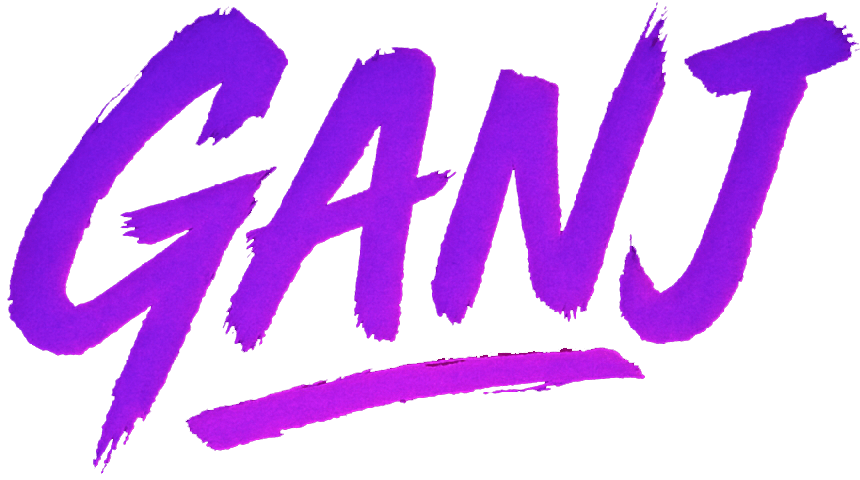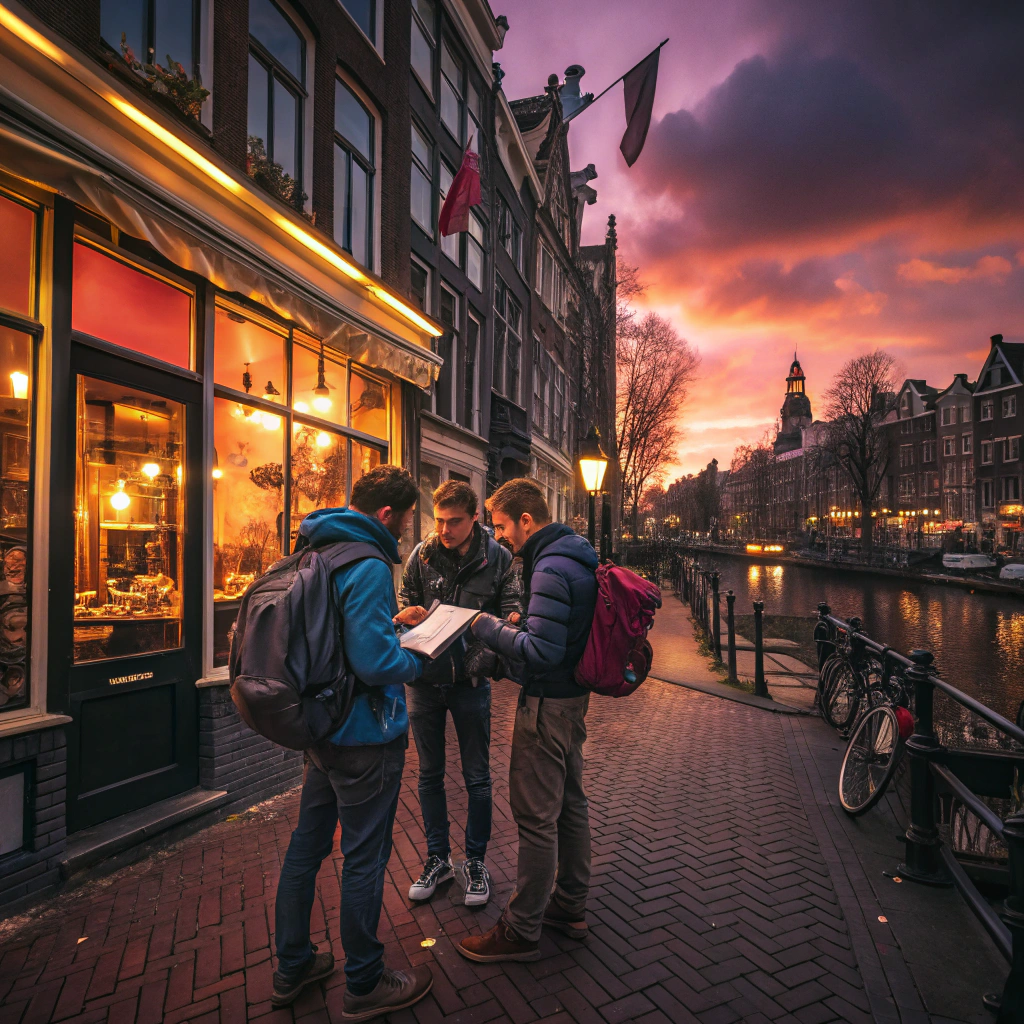Dutch Cannabis Policy Phase Three: The International Spotlight (2000s)
In the 2000s, Dutch coffeeshops became a global cultural phenomenon. Backpackers and cannabis tourists flocked to Amsterdam, eager to experience what their own countries prohibited. For many, the Dutch model symbolized freedom and pragmatism.
But this visibility came at a cost. Foreign governments pushed harder against cannabis tourism, while Dutch policymakers worried about the country's reputation. The rise of "drug tourism" led to new measures — such as the controversial "weed pass" proposal, intended to restrict coffeeshops to residents only. Although only partially enforced, it reflected the increasing tension between local tolerance and international scrutiny.
Coffeeshops themselves began to modernize. Menus expanded, quality improved, and strains from California and elsewhere entered the market. The culture shifted from hashish imported from Morocco or Afghanistan toward increasingly diverse cannabis flowers. Amsterdam, in particular, became a showcase for global cannabis trends, even as the legal framework remained stuck.
Sources & Further Reading
- EMCDDA – Netherlands: Country Drug Report
- Dutch parliamentary debates archive
- NRC feature reporting (2000s)

